There was no Transgender Day of Visibility when I first learned what "transgender" meant as a freshman in college. It was the fall of 2003. I was absent-mindedly flipping through books from the library of the queer culture house on campus when I came across Loren Cameron's book, Body Alchemy, and saw transgender men of all shapes and sizes staring back at me from beautiful black and white portraits. I knew in an instant, with great shock, excitement, and some terror, that the men featured in this book were me. I saw them, and saw my future.
Fifteen years later, much has changed. Transgender issues have never been more visible in mainstream culture. If I were a freshman now, that electrifying moment of self-recognition would have happened long before I stepped foot on campus. I would already have spent years reading best-selling books by trans authors, watching TV shows and movies with trans lead characters, and watching as trans people get elected to public office. And I would have witnessed the backlash against that greater visibility; hearing politicians debate whether people like me have the right to exist in my school, to serve in the military, to have access to health care or jobs or homes.
New York State, where I live and work, has a reputation as a progressive state on transgender issues, but there remain many challenges. According to the 2015 U.S. Trans Discrimination Survey, 74 percent of transgender kids in grades K-12 have been harassed, discriminated against by their administration or teachers, or even physically or sexually assaulted because of their gender identity. One in seven transgender kids end up leaving their school altogether, with far too many dropping out permanently. In the year before the survey was completed, 32 percent of trans New Yorkers had a negative experience with a health care provider related to being transgender, including verbal harassment, physical or sexual assault, or simply being refused treatment completely. And 26 percent of transgender New Yorkers had experienced significant employment discrimination in the previous year -- being denied employment, being denied a promotion, or being fired from their job due to their gender identity. It's clear that even the most progressive states have a lot of work to do.
I have also changed with the times. After years of community organizing and activism, I attended the City University of New York School of Law and am now a public interest attorney. My legal career is laser focused on trans rights and equity work, and has taken me from New York City to Washington, D.C., and now to Rochester, N.Y., where I run the LGBT Rights Project of Empire Justice Center -- a not-for-profit legal services organization serving low-income people across upstate New York and Long Island. In this role, I practice the law, representing trans clients in legal name changes as well as LGBTQ+ folks more broadly in cases of discrimination in employment, education, housing, healthcare, public accommodations, and local jails. I work to improve the law, lobbying for meaningful policy changes through legislative and executive bodies.
I also teach the law -- one of my favorite parts of my job. Over the past year alone, I drove over 4,000 miles across New York State to deliver over 40 separate trainings and legal clinics. I collaborated with local organizations such as the Out Alliance and Trillium Health in Rochester, the Q Centers in Syracuse and Watertown, Planned Parenthood in Ithaca, and the LGBT Resource Center in Cortland to organize name change clinics and know your rights trainings for community members. I helped educate well over 500 state judges on how to make New York's courts more welcoming and affirming to trans people, trained more than 800 private and public interest attorneys on how to respectfully and competently represent trans people, and partnered with those newly trained attorneys to provide the legal services at the legal clinics I organized along with local communities.
This work is as necessary as it is rewarding. The last 15 years have brought great advances in legal protections and inclusion for trans people, but laws are nothing but paper if not enforced. Every time I sit down with a suicidal transgender youth who is fighting for their rights at their rural school, or advise a trans woman of color who is encountering yet another transphobic employer, it is clear that with greater visibility comes new and renewed challenges.
The reality is that visibility alone will not set us free. There can be a lot of pressure to be out and proud in every sphere for the express purpose of gaining more social and political acceptance. But this can actually render invisible the risks and costs of being expelled, fired, evicted, or denied medical treatment just for being who you are. This is especially true for trans people of color, poor trans people, those with disabilities or HIV/AIDS, or who are undocumented, don't speak English, have criminal records, or are in abusive relationships -- all of them at exponentially and disproportionately higher risk of experiencing violence and discrimination if they are also perceived to be transgender.
As a white trans guy with a beard and a law degree, I am afforded an extraordinary amount of undeserving privilege relative to other trans people just by virtue of how I look and what I do. That's why I prioritize legal cases and teaching opportunities that will impact the most marginalized among us, especially those who are not traditionally offered a seat at the tables of power and privilege. If ever I am not working toward improving legal systems and institutions so that we all get to enjoy the freedom of self-determination and the right to live authentically in every way, then I will know that I am in the wrong line of business.
On Saturday's Transgender Day of Visibility, I am publicly doubling down on my own personal and professional commitment to trans liberation. To me, true liberation for our communities means we all get to be who we are, just as we are, every day, in every aspect of life. Trans liberation means we all get free, and I am all for that. I look at the work I've done with Empire Justice Center's LGBT Rights Project, and all the work there is still to do.
Imagine, if we are successful, what the next 15 years could bring.
MILO PRIMEAUX is a staff attorney for the Empire Justice Center.
MILO PRIMEAUX is a staff attorney for the Empire Justice Center.



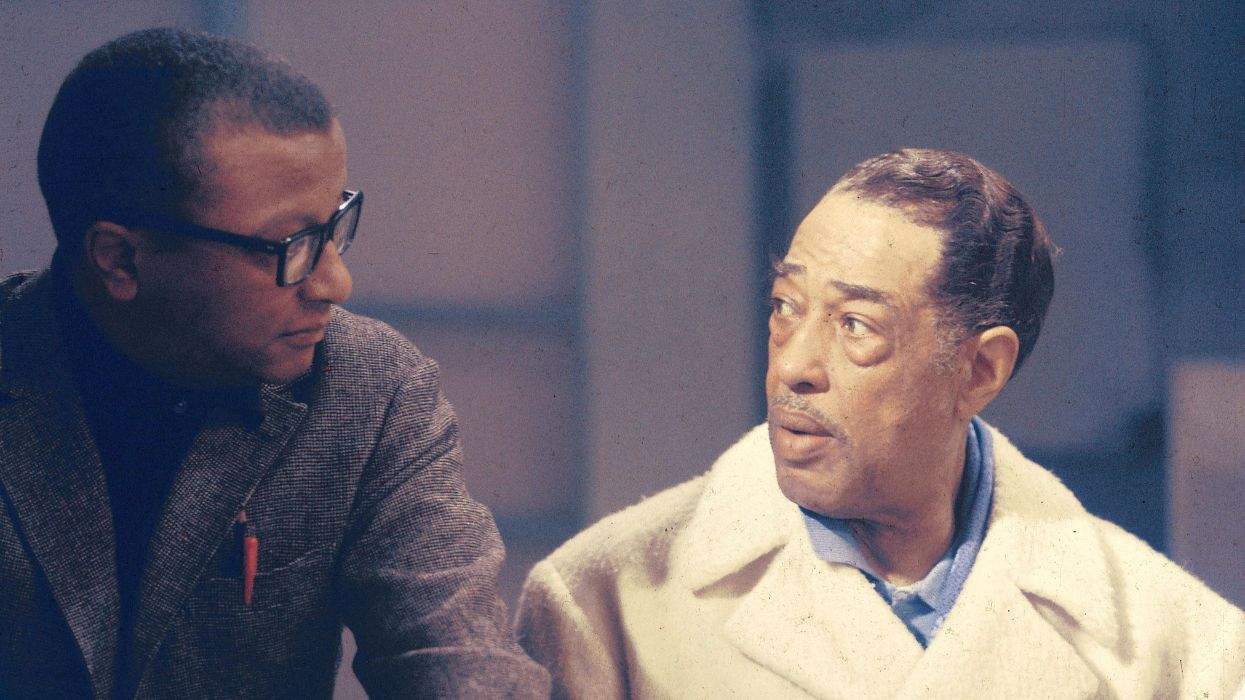
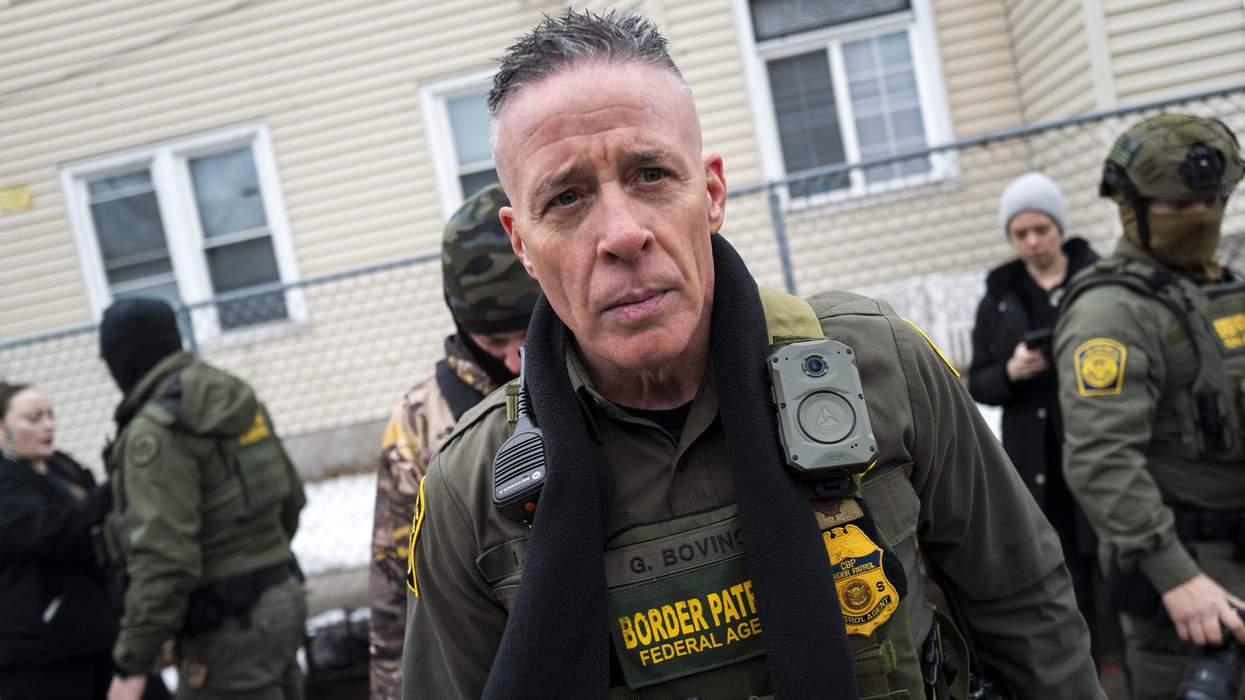




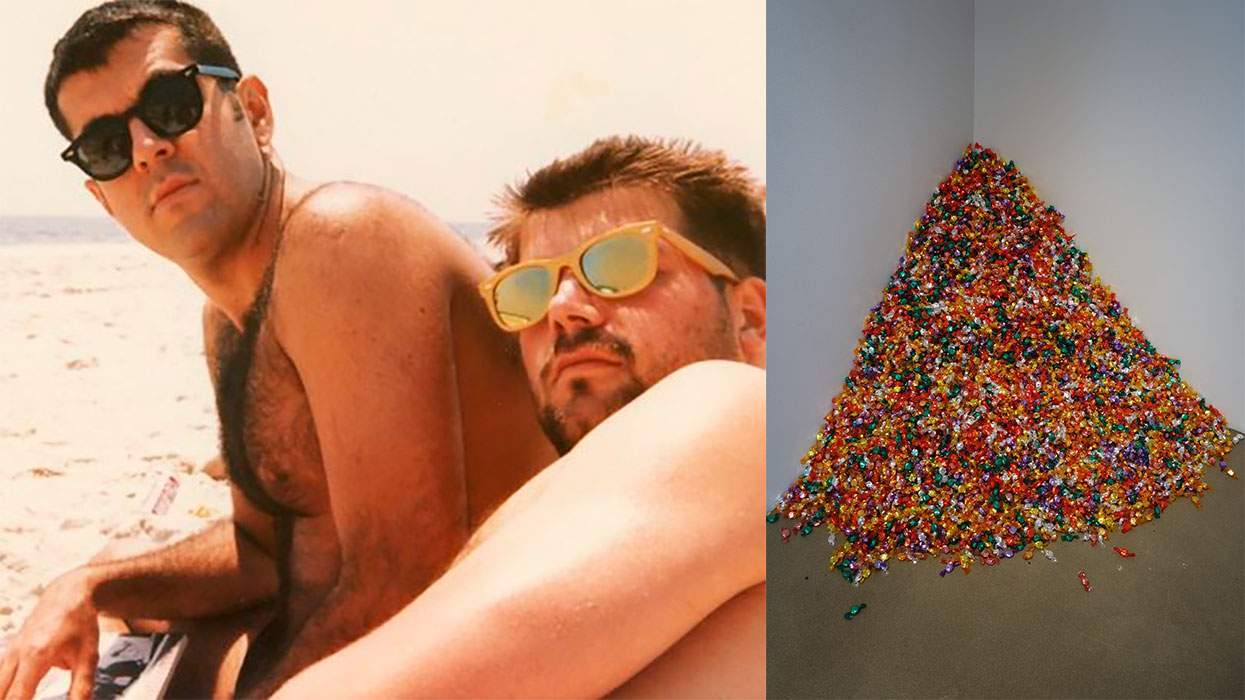

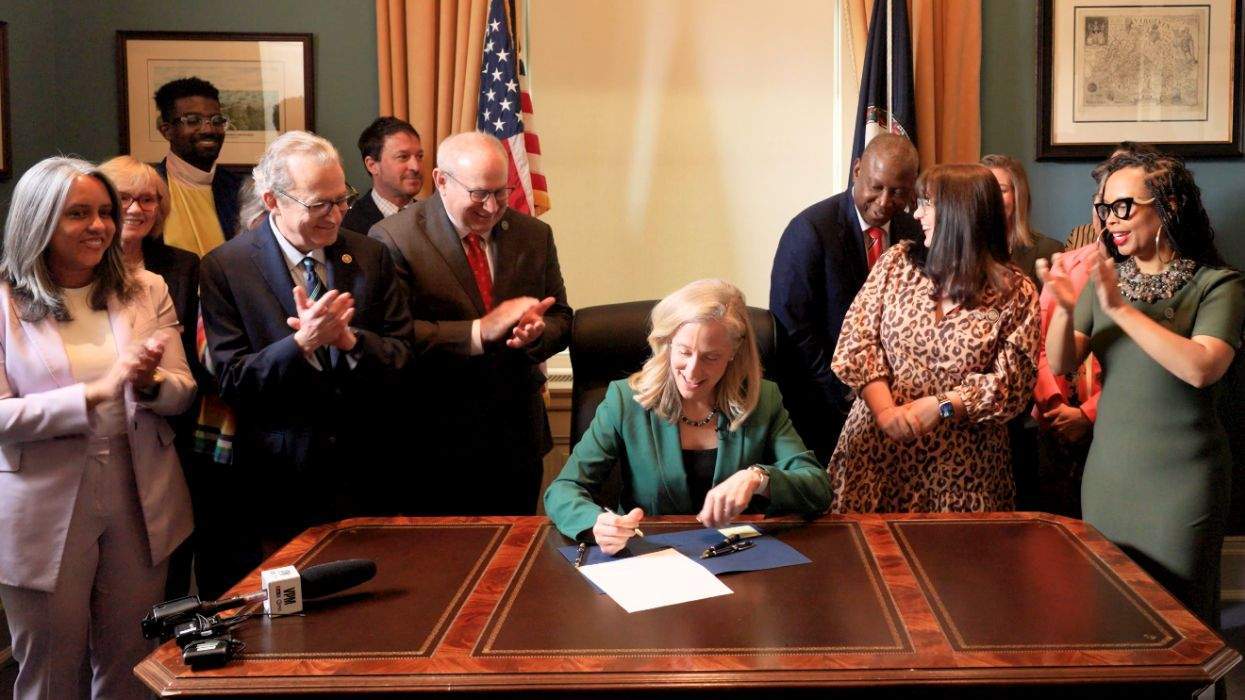


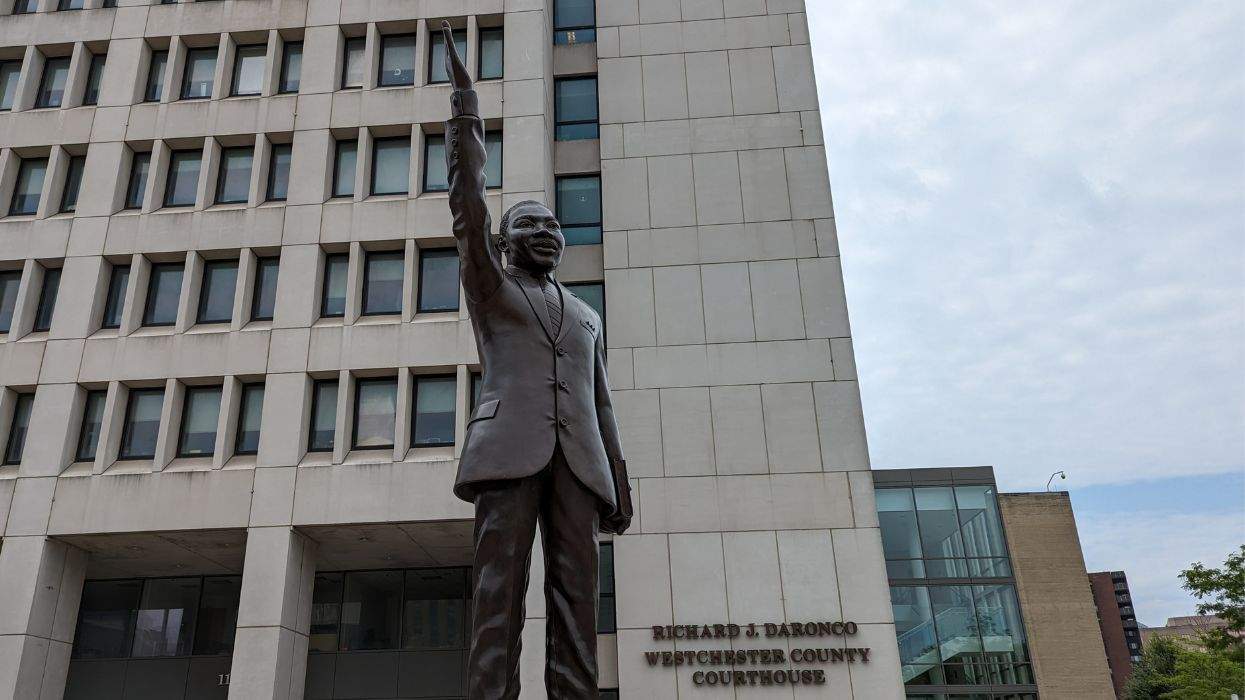
Charlie Kirk DID say stoning gay people was the 'perfect law' — and these other heinous quotes
These are some of his worst comments about LGBTQ+ people made by Charlie Kirk.